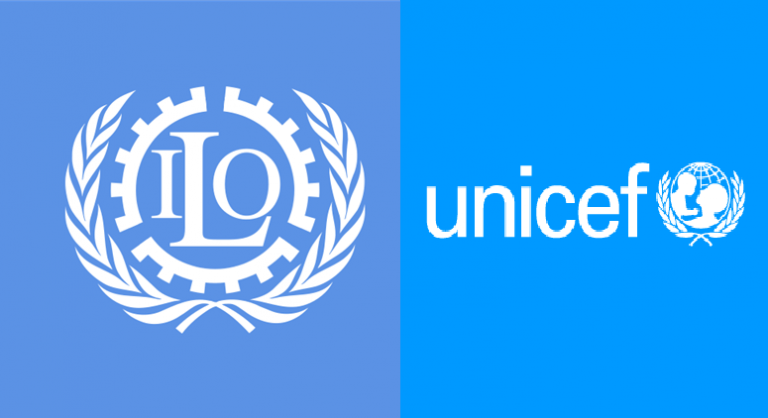The International Labour Organisation(ILO) and UNICEF say millions of children risk going into child labour as a result of the COVID-19 crisis that has affected the world globally.
Mr Guy Ryder, ILO Director-General and Ms Henrietta Fore, UNICEF Executive Director, said this on Friday in Abuja at a ceremony to mark the 2020 World Day against Child Labour.
The theme of this year’s anniversary is, “COVID-19, Protect Children from Child Labour Now More than Ever”.
Ryder said that a joint ILO-UNICEF new report, entitled: “COVID-19 and Child Labour: A Time of Crisis, a Time to Act” had been released.
READ ALSO : APC Panel Disqualifies Obaseki from Governorship Primaries
He said that the report focused on the impact of COVID-19 on child labour and the elimination of child labour by 2021.
The ILO chief said that the report looked at some of the main ways through which the pandemic was likely to affect progress towards the eradication of child labour.
According to the ILO chief, the report shows how the pandemic can lead to a rise in child labour after 20 years of progress made to minimise child labour.
He said that child labour decreased by 94 million since 2000, adding that the gain was now at risk due to COVID-19 pandemic.
Ryder said that the global estimates in 2017 showed that 152 million children were in child labour worldwide.
“Children already in child labour may be working longer hours or under worsening conditions.
“More of them may be forced into the worst forms of labour, which causes significant harm to their health and safety.
“As the pandemic wreaks havoc on family incomes, without support, many may resort to child labour.
“Social protection is vital in times of crisis, as it provides assistance to those who are most vulnerable.
“Integrating child labour concerns across broader policies for education, social protection, justice, labour markets, and international human and labour rights makes a critical difference,” he said.
According to him, some studies have shown that one percentage point rise in poverty leads to at least a 0.7 per cent increase in the child in certain countries.
Also, Ms Fore said that in times of crisis, labour became a coping mechanism for many families.
Fore said that as poverty rose, schools closed and the availability of social services decreased as more children would be pushed into the workforce.
“As we re-imagine the world post-COVID, we need to make sure that children and their families have the tools they need to weather similar storms in the future.
“Quality education, social protection services and better economic opportunities can be game-changers,” she said.
The UNICEF executive director also said that vulnerable groups, such as those working in the informal economy and migrant workers, would suffer most from the economic downturn.
Fore added that there would be an increase in unemployment, general fall in living standards, health shocks and insufficient social protection systems, among other pressures.
“Evidence is gradually mounting that child labour is rising as schools close during the pandemic.
“Temporary school closures are currently affecting more than one billion learners in over 130 countries. Even when classes restart, some parents may no longer be able to afford to send their children to school.
“As a result, more children could be forced into exploitative and hazardous jobs.
“Gender inequalities may grow more acute, with girls particularly vulnerable to exploitation in agriculture and domestic work,” she said.
The News Agency of Nigeria (NAN) reports that the ILO and UNICEF proposed a number of measures to counter the threat of increased labour.
They included more comprehensive social protection, easier access to credit for poor households, promotion of decent work for adults and elimination of school fees to get children back to school, among others.



Leave a Reply